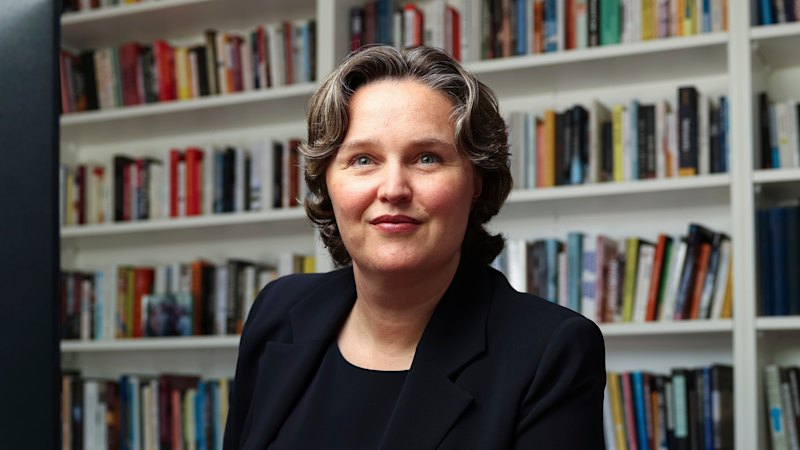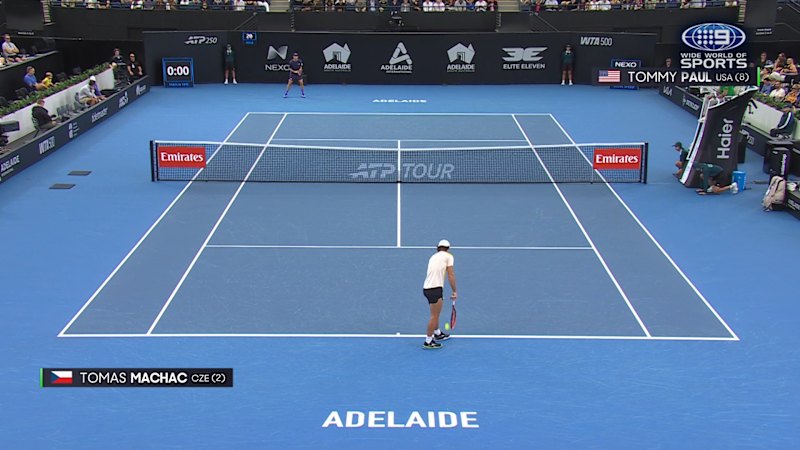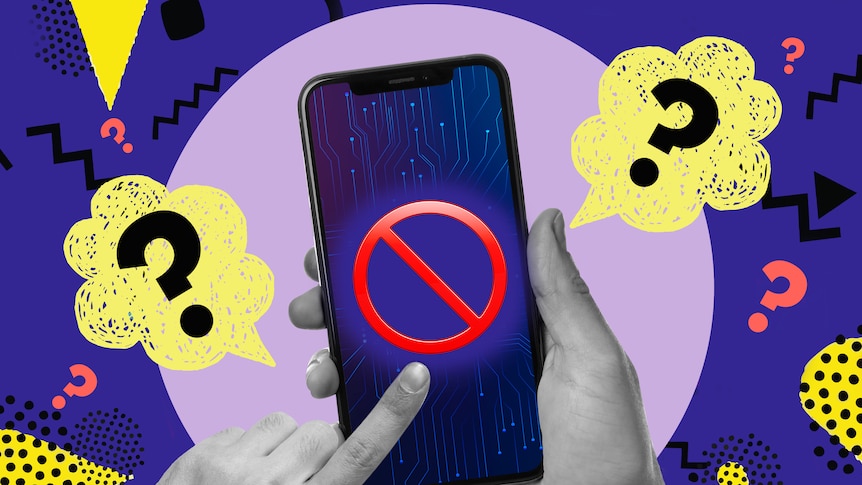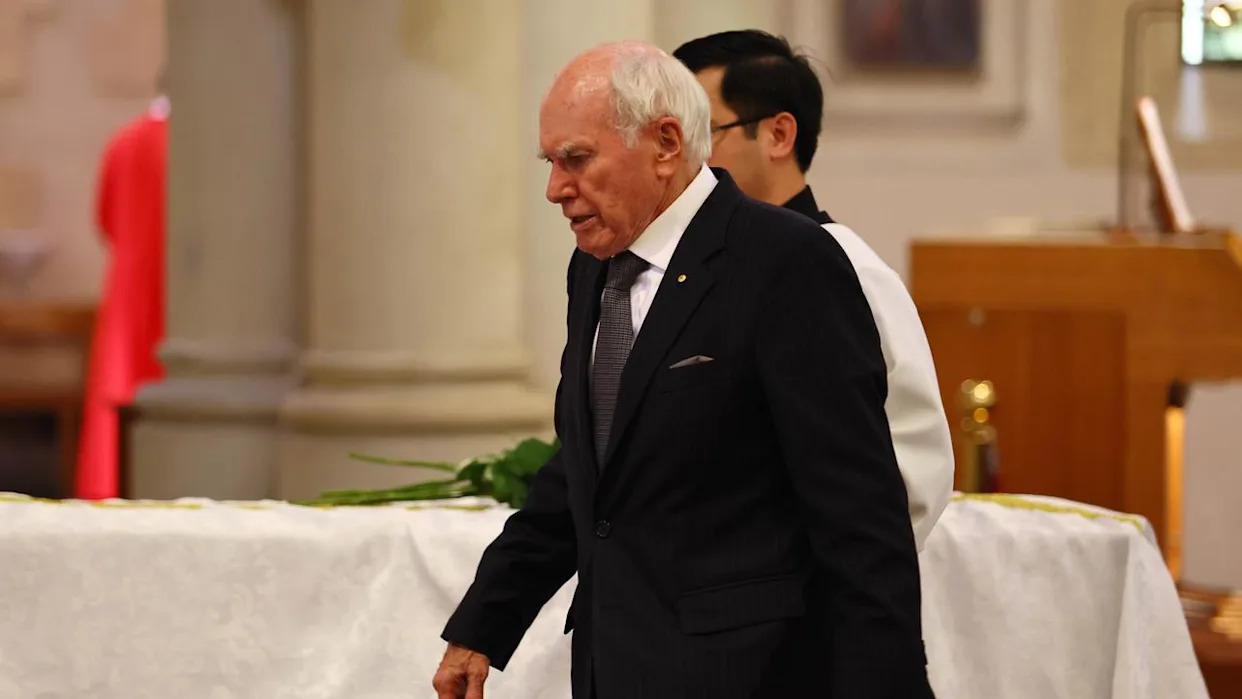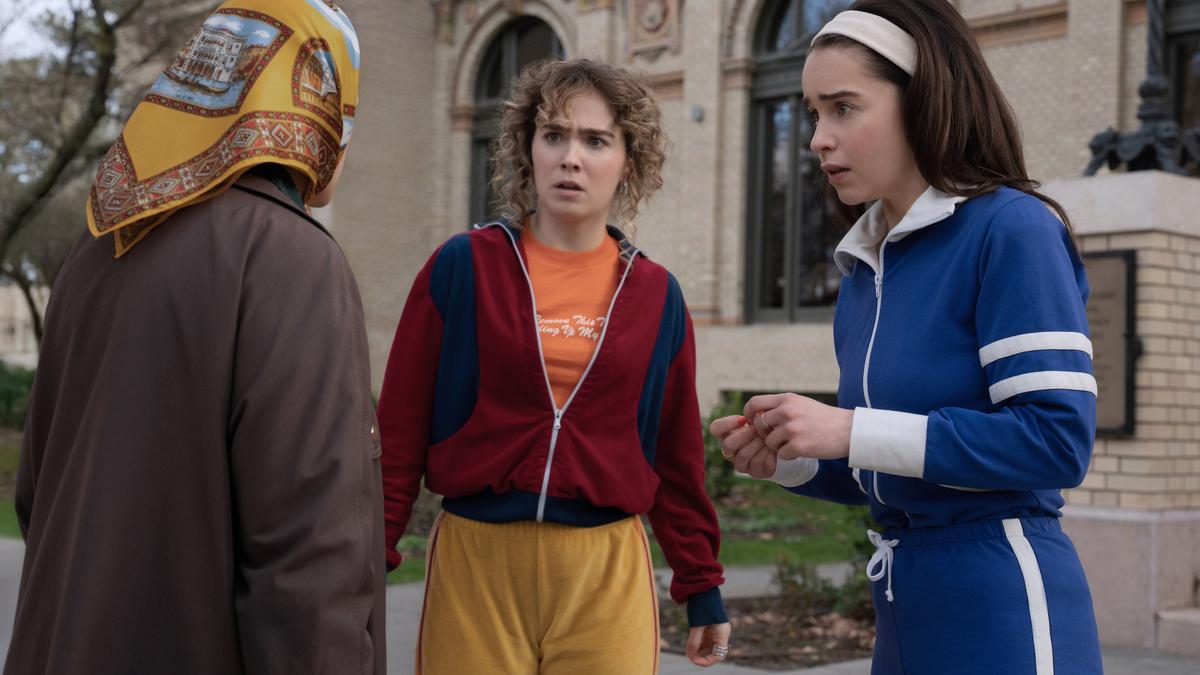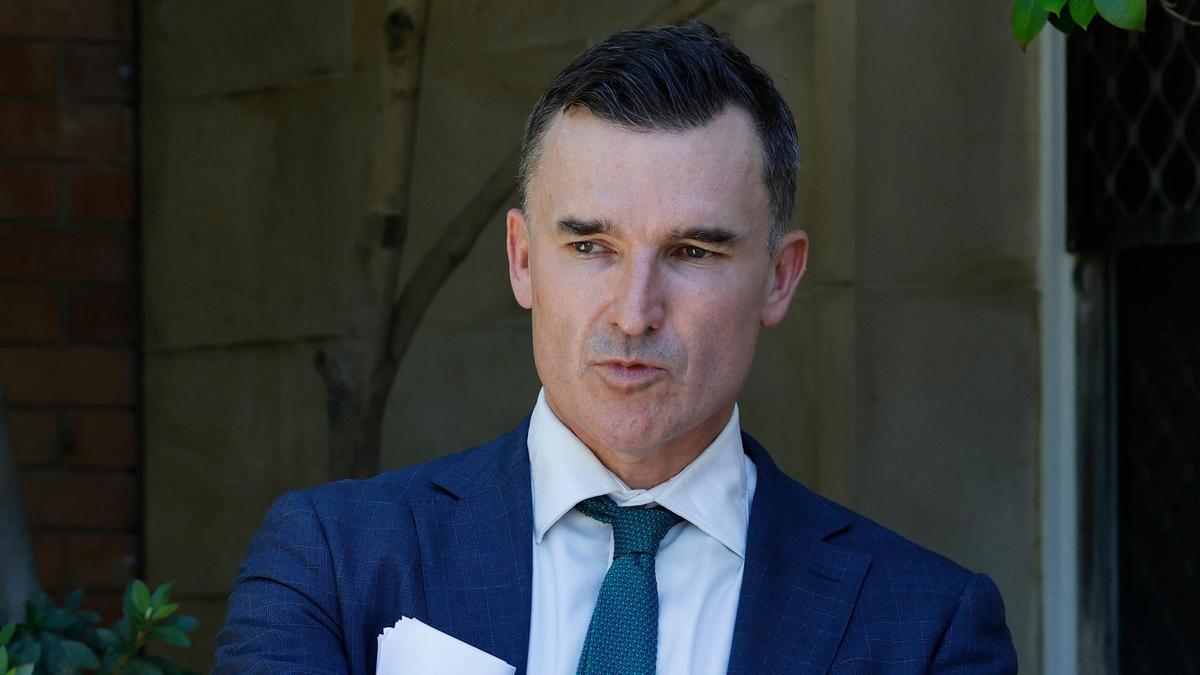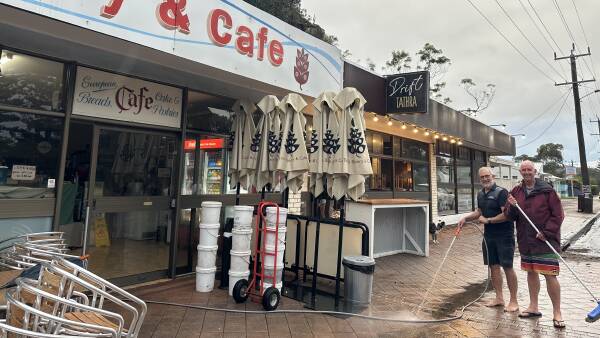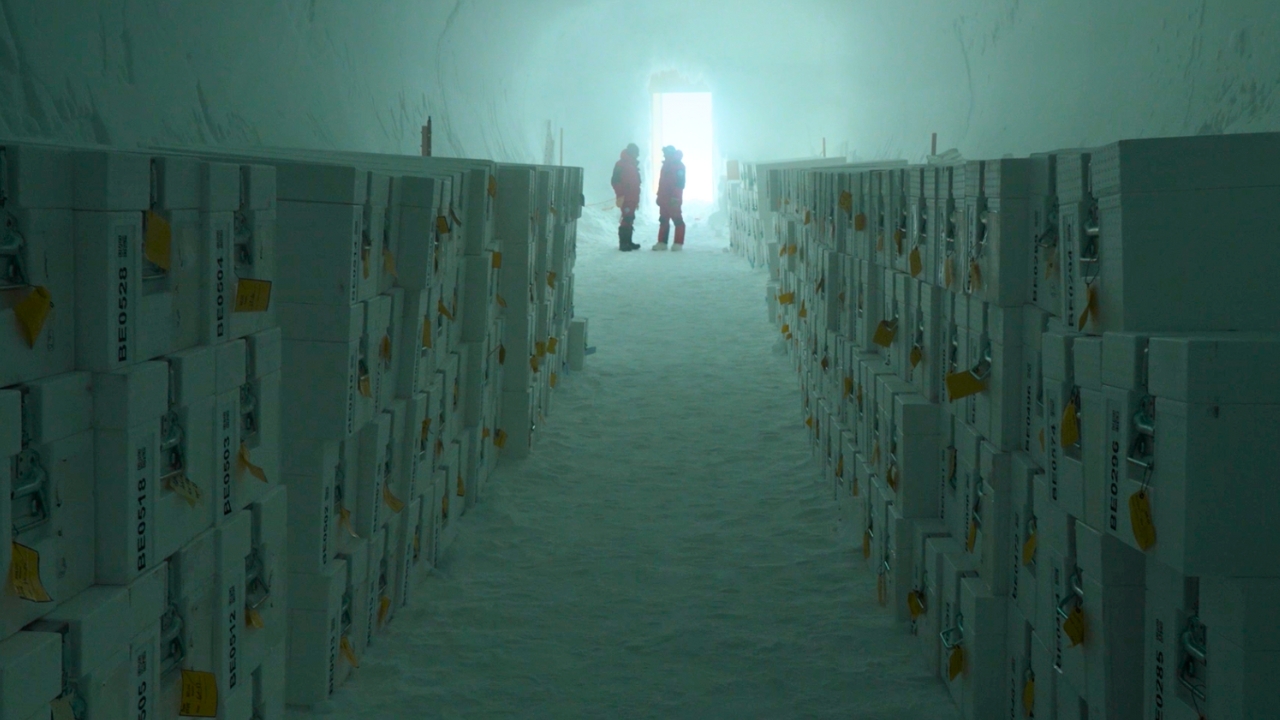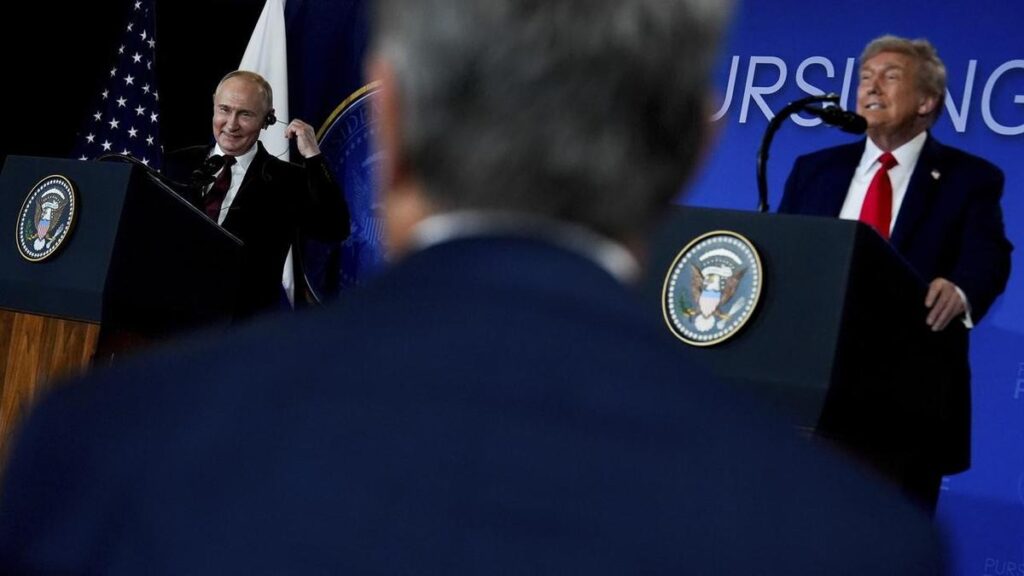
UPDATE: In a significant development, Russian President Vladimir Putin has agreed to allow Ukraine’s allies, including the United States, to offer security guarantees, signaling a potential shift in the ongoing conflict. This breakthrough occurred during a summit with US President Donald Trump in Alaska, according to US envoy Steve Witkoff, who shared the details just moments ago.
Witkoff emphasized that this concession allows the US to provide Article 5-like protections for Ukraine, which is a crucial factor for Ukraine’s NATO aspirations. “This is the first time I’ve heard Putin agree to this,” Witkoff revealed during an interview with CNN.
At a concurrent press conference in Brussels, European Commission President Ursula von der Leyen welcomed Trump’s commitment to bolster security for Ukraine, stating that the “coalition of the willing,” including the European Union, is prepared to contribute significantly. “We are ready to do our share,” she affirmed.
Details from the summit highlight a mutual understanding between the US and Russia, with both sides agreeing to “robust security guarantees” that Witkoff described as potentially “game-changing.” Furthermore, Russia’s commitment to refrain from pursuing additional territory in Ukraine was noted.
Ukrainian President Volodymyr Zelenskiy expressed gratitude towards the United States for its willingness to support these security measures but noted that specifics remain vague. “It’s crucial that America collaborates with Europe to deliver genuine security guarantees for Ukraine,” Zelenskiy stated, emphasizing the need for detailed frameworks to operationalize these commitments.
Witkoff defended Trump’s strategic pivot away from insisting on a ceasefire, asserting that the focus has shifted to a peace deal. “We’ve made considerable progress on nearly all other issues necessary for a peace agreement,” he stated.
US Secretary of State Marco Rubio added that while discussions are ongoing, there will be “additional consequences” for Russia if they fail to engage in meaningful negotiations. “The president has been clear: if there isn’t a peace agreement, there will be consequences,” Rubio said, indicating that avoiding conflict remains the priority.
The dialogue continues as Zelenskiy and European leaders are set to meet with Trump at the White House on Monday. Witkoff believes that this meeting could pave the way for a clearer understanding and possibly expedite the peace process. “We are on the path for the first time to a potential peace deal,” he concluded.
As this story unfolds, the international community watches closely, eager to see if these new developments will lead to a lasting resolution to the conflict in Ukraine. More updates are expected following the upcoming meetings, crucial for defining the next steps in this high-stakes geopolitical landscape.
